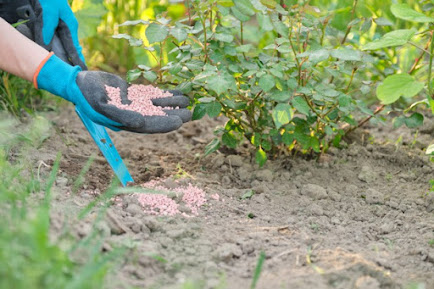Ammonium phosphate is a common ingredient in fertilizers. It
is usually added to help make certain kinds of fertilizers more effective.
Ammonium phosphate helps the fertilizer attract particles from the soil faster
and keeps them in suspension so they can be washed out more easily. Ammonium
phosphate is a heavy element that is often used in laboratories for the heavy
ionic content that it has. There is also some evidence that it is useful for
removing sulfur from the soil. Moreover, it provide plants with fixed
phosphorus and nitrogen, which helps regulate the pH levels in the soil,
thereby improving the quality of the soil and improving crop yield.
Furthermore, ammonium
polyphosphate is used in electronics, optics, and fire extinguishers,
and used as an additive to animal feed. Ammonium phosphate is widely used in
the production of soil fertilizers. It can be used to enhance the fertility of
the soil and to keep it from becoming too acidic. This is especially useful for
agriculture and is one of the ingredients in a number of soils used for this
purpose. One of the main reasons that people choose to use phosphates as
fertilizers is because of its ability to retain moisture, which makes it a
popular choice for farmers and other homeowners who are working with
less-than-ideal soils.
Ammonium phosphate is also an important ingredient in some
organic pesticides and in some forms of organic livestock management, due to
its ability to control pests and other damaging insects. It is an ammonium salt
of orthophosphoric acid and is manufactured in long chain molecules to provide
stability. An ammonium salt is classified into three types, such as ammonium
polyphosphate, di-ammonium phosphate (DAP), and mono-ammonium phosphate (MAP). Rising
utilization of fertilizers in the agriculture industry is expected to increase
the demand for ammonium phosphates.
Singapore is the top country in the world in terms of
fertilizer consumption. In 2019, fertilizer consumption in Singapore rose 5.7%
compared to 2018. Since 2014, fertilizer consumption in Singapore increased
101.2% year-on-year at 34,707.51 kilograms per hectare of arable land.

Comments
Post a Comment